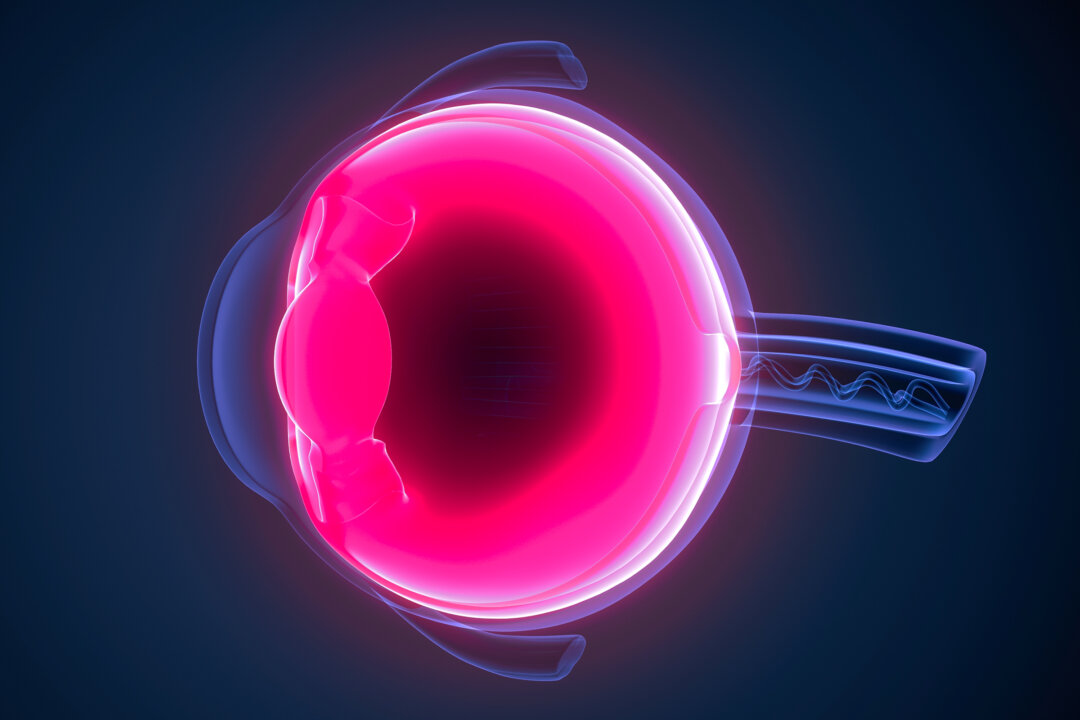A key finding was that benefits differed by sex. While B1 and B2 intake reduced men’s risk, with B2 linked to a 28 percent lower risk per 1-milligram increase, women didn’t experience the same benefit from higher intake. “In our study, the association between the intake of vitamins B1, B2 and self-reported glaucoma appeared to be stronger in males,” the authors wrote.
“In females, vitamin B2 intake was nonlinearly associated with [International Society Geographical and Epidemiological Ophthalmology]-diagnosed glaucoma, and glaucoma risk decreased with higher intake.” The study used reliable NHANES data with a large sample size, and the findings aligned with other studies linking B vitamins to lower glaucoma risk, Dr. Alina Djougarian, an ophthalmologist at Northwell Health in New York who was not associated with the study, told The Epoch Times.

The use of vitamins for eye diseases falls into a “gray zone,” Dr. Robert A. Honkanen, an ophthalmologist and glaucoma specialist at Stony Brook Medicine in New York, told The Epoch Times.
While specific vitamins are recommended to prevent the progression of macular degeneration, he said there was no validated, long-term research showing benefits for glaucoma. “There may be some beneficial effects to vitamins because some of them have antioxidant properties and some have potential neuroprotective properties,” he added. “But whether or not they actually prove or have proven that to be beneficial, I don’t think th.
















